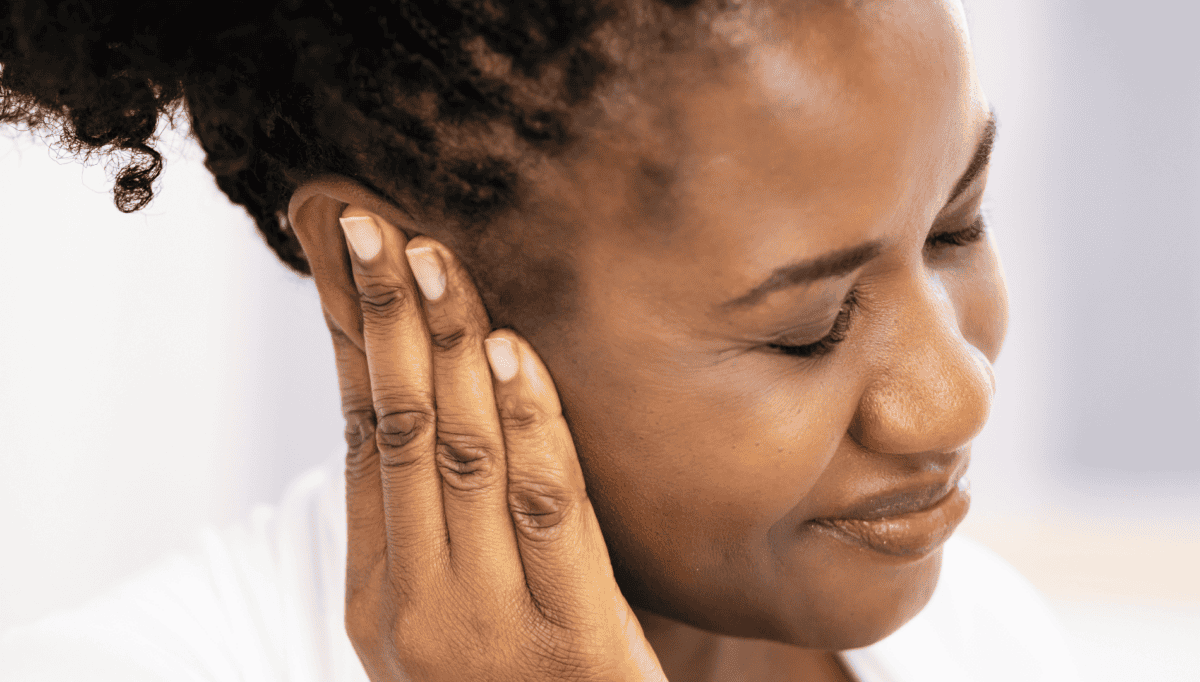The ears are connected to the throat and nose through a canal called the eustachian tube. When allergens enter the body, they create inflammation and swelling in areas connected to this tube. As the passage becomes blocked, this can lead to unpleasant symptoms and discomfort in the ears.
The eustachian tubes balance air pressure and drain fluid from the middle ear. When functioning correctly, these tubes open and close as needed. However, inflammation from allergies can block these pathways, causing problems with pressure and fluid drainage.
Common Allergy-Related Ear Problems
When the eustachian tubes become swollen, they may not function properly. This can result in a feeling of fullness or pressure in the ears, and some may also experience ear pain. These sensations can often feel similar to being on an airplane or driving in the mountains, where altitude changes create pressure differences in the ears.
Allergic reactions can also cause itchy ears. Histamines that are released in response to allergens that make one’s nose itch or eyes water can also affect the skin inside the ears, making them feel itchy and irritated.
Blocked eustachian tubes can trap fluids in the middle ear. This creates an ideal environment for bacteria and viruses to grow, leading to ear infections. Symptoms of an ear infection include pain, hearing loss, and sometimes fever.
People experiencing allergy-related ear issues may also have tinnitus. Tinnitus manifests as a ringing or buzzing sound in the ears that is not caused by an external source. It can be especially bothersome in quiet environments where the ringing becomes more noticeable.
Managing Allergy-Related Ear Symptoms
Limiting exposure to known allergens is an effective strategy to protect one’s ears and overall health. For instance, when pollen counts are high, keeping windows closed and using air conditioning can help. Regularly vacuuming and dusting also reduce dust mites and other allergens indoors.
Over-the-counter antihistamines can relieve many allergy symptoms, including those affecting the ears. Decongestants may also help by reducing swelling in the nasal passages and eustachian tubes.
Simple home remedies can also provide relief for some. Using a warm compress over the affected ear can help reduce pain and pressure. Staying hydrated helps thin any mucus, making it easier to drain and reducing blockage in the eustachian tubes.
If ear symptoms persist or worsen despite attempts at management, seeing a hearing health professional is essential. Contact us today to make an appointment!

